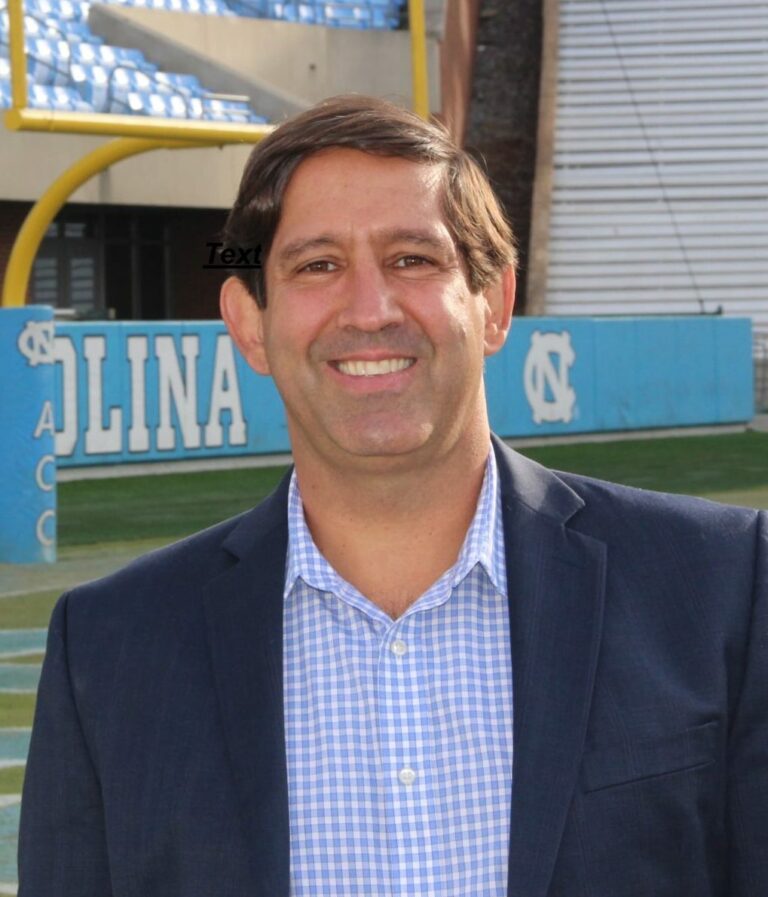
The Healing Power of Exercise Prescriptions
A randomized controlled trial published in the New England Journal of Medicine confirmed what some cancer specialists have long hoped: physical activity can prolong cancer patients’ lives. Last week, we heard from the senior author of that study, medical oncologist Christopher Booth. In this episode, we hear from an exercise physiologist who has been helping cancer patients with exercise prescriptions. The goal was for them to feel better. Many also lived longer.
How You Can Listen:
You could listen through your local public radio station or get the live stream on Saturday, Aug. 23, 2025, at 7 am EDT on your computer or smart phone (wunc.org). Here is a link so you can find which stations carry our broadcast. If you can’t listen to the broadcast, you may wish to hear the podcast later. You can subscribe through your favorite podcast provider, download the mp3 using the link at the bottom of the page, or listen to the stream on this post starting on Aug. 25, 2025
Who Needs Exercise Prescriptions?
We start our conversation with exercise physiologist Claudio Battaglini, PhD, by asking about his career trajectory. How did he go from playing soccer in Brazil to studying how to coach Olympic-level athletes to providing exercise prescriptions tailored to cancer patients’ unique needs? You will want to hear his story.
What Is the Cancer Gym?
Dr. Battaglini describes how he initially resisted working with young cancer patients. How did that experience affect him? He eventually ended up setting up the cancer gym at the Rocky Mountain Cancer Rehabilitation Institute at the University of Northern Colorado (UNC for those in Greeley). After earning his doctoral degree there, he began teaching and research at a different UNC (the University of North Carolina at Chapel Hill). He established the Get REAL & HEEL Breast Cancer Rehabilitation Program and credits the breast cancer patients for pointing out the benefits of group exercise training. In addition to positive physiological effects, participants experience emotional support. This also helps motivate patients to continue their physical activity consistently.
How to Motivate People to Exercise:
Let’s face it: most of us could benefit from exercise prescriptions. But would we follow through? It turns out that personal relationships are hugely important in helping to motivate people to show up. That could be with their personal trainer who is expecting them for their appointment. It could also be one or more friends counting on them to participate in the activity. If others are holding you accountable, you are far more likely to get with the program.
Another important factor is matching the right kind of exercise to each patient. Most people are motivated to do what they enjoy. Do you love pickleball or swimming? Dancing or hikes in the woods? If the recommendation is right, staying motivated is far less of a problem.
Physical Activity for Young People:
Decades ago, physical education classes were mandatory in public schools. In recent years, some school boards have been tempted to drop them as too expensive. (North Carolina and some other states have statewide policies requiring all students in grades K-8 to have the opportunity of 30 minutes of exercise daily.) How important is it to encourage youngsters to be physically active? Do they need exercise prescriptions?
Practical Advice for an Exercise Program:
For those of us writing our own exercise prescriptions, we discussed the pros and cons of counting steps. Where can you find exercise programs suited to you? The YMCA might be one place to start. Dr. Battaglini also mentioned online resources and qualities to look for in a personal trainer. Above all, whatever you choose to do should feel like fun.
This Week’s Guest:
Claudio L. Battaglini, PhD, FACSM, is a Professor of Exercise Physiology and the Director of the Graduate Exercise Physiology Program at the University of North Carolina at Chapel Hill. He is Co-Director of the Exercise Oncology Laboratory in the Department of Exercise and Sport Science at UNC Chapel Hill. Dr. Battaglini is also a member of the UNC Lineberger Comprehensive Cancer Center.

Listen to the Podcast:
The podcast of this program will be available Monday, August 25, 2025, after broadcast on August 23. You can stream the show from this site and download the podcast for free, or you can find it on your favorite platform. In the podcast for this episode, you’ll find information about walking speed and how much it matters. We also discuss swimming or cycling as ways to protect your joints if walking is difficult. Does cross-training become more important as you grow older? What kinds of activities can slow osteoporosis? Be sure to tune in if you are interested in the importance of family and friends supporting our exercise goals.
Download the mp3, or listen to the podcast on Apple Podcasts or Spotify.
Citations
- Courneya KS et al, "Structured exercise after adjuvant chemotherapy for colon cancer." New England Journal of Medicine, July 3, 2025. DOI: 10.1056/NEJMoa2502760

